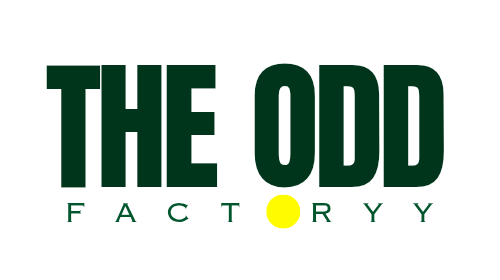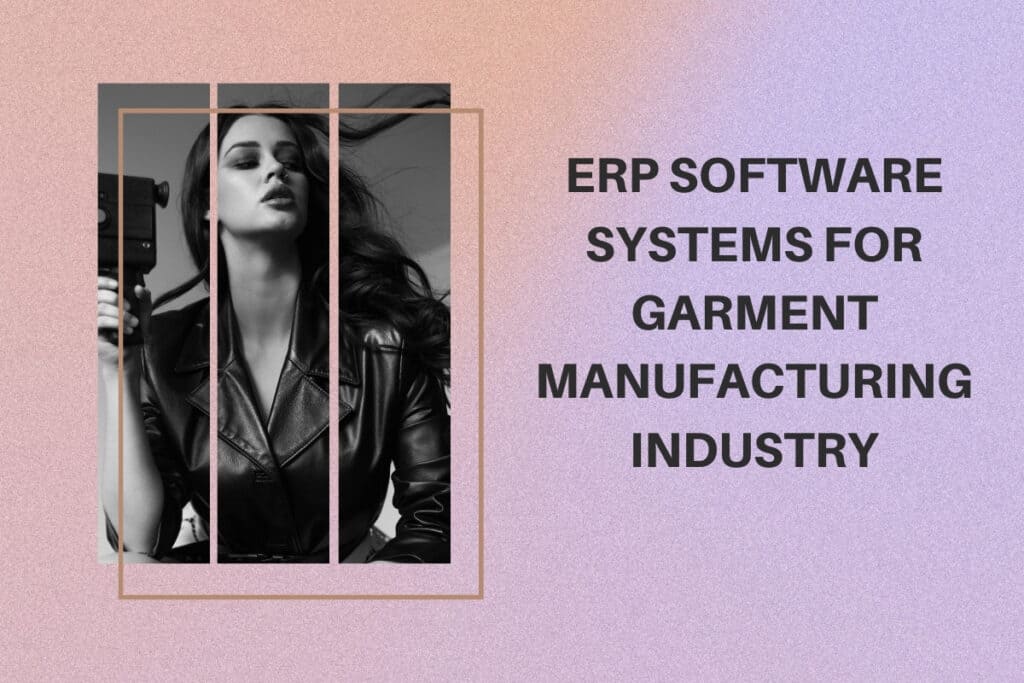In the intricate web of the garment manufacturing industry, efficiency, precision, and seamless operations are paramount. In the modern age, where technology reigns supreme, the adoption of robust Enterprise Resource Planning (ERP) software systems has become not just advantageous but essential for thriving in this competitive landscape. Enter the world of apparel manufacturing software, where every stitch counts, and every process is optimized for success.
What is ERP?
ERP, or Enterprise Resource Planning, is a comprehensive software solution designed to streamline and integrate business processes across various departments within an organization. It serves as a central hub for data management, facilitating smooth communication and collaboration between different functions such as production, inventory management, procurement, finance, and customer relations.
Why Do You Need an ERP for Garment Manufacturing Industry?
In the dynamic and fast-paced environment of garment manufacturing, where numerous components and processes intertwine, traditional methods of management fall short. An ERP system provides a holistic approach to managing every aspect of the manufacturing process, from design and sourcing to production and distribution. It offers real-time visibility into operations, enhances decision-making, and fosters agility in responding to market demands and changing trends.
Benefits of ERP in the Garment Industry
The advantages of implementing an ERP system in the garment manufacturing industry are manifold:
- Improved Efficiency: By automating repetitive tasks and optimizing workflows, ERP software eliminates bottlenecks and reduces lead times, resulting in enhanced productivity.
- Enhanced Inventory Management: With accurate forecasting and inventory tracking capabilities, ERP systems help minimize stockouts, reduce excess inventory, and optimize warehousing space.
- Cost Reduction: Through better resource allocation, waste reduction, and streamlined processes, ERP software enables cost savings across the board.
- Quality Control: By enforcing standardized processes and providing real-time insights, ERP systems ensure consistent quality throughout the production cycle, thereby reducing defects and rework.
- Compliance and Traceability: With built-in regulatory compliance features and traceability functionalities, ERP software helps garment manufacturers adhere to industry standards and regulations, as well as track the origin and journey of materials and products.
- Customer Satisfaction: By enabling faster order processing, accurate delivery timelines, and superior service, ERP systems contribute to greater customer satisfaction and loyalty.
ERP Modules of Manufacturing Industries
ERP software for the garment manufacturing industry typically comprises several modules, each catering to specific aspects of the production process:
- Product Lifecycle Management (PLM): Manages the entire lifecycle of a product, from conception and design to manufacturing and distribution.
- Material Resource Planning (MRP): Facilitates planning and procurement of raw materials based on demand forecasts and production schedules.
- Production Planning and Scheduling: Optimizes production schedules, allocates resources efficiently, and tracks progress in real-time.
- Inventory Management: Tracks inventory levels, monitors stock movements, and ensures accurate stock replenishment.
- Supply Chain Management (SCM): Streamlines the entire supply chain, from supplier management and procurement to logistics and distribution.
- Financial Management: Handles accounting, budgeting, costing, and financial reporting.
- Sales and Order Management: Manages customer orders, tracks sales performance, and facilitates order fulfillment.
- Human Resource Management (HRM): Handles workforce management, payroll processing, and employee performance tracking.
Key Features of ERP Software for Garment Manufacturing
When evaluating ERP software for garment manufacturing, certain key features should be prioritized:
- Bill of Materials (BOM) Management
- Capacity Planning and Optimization
- Shop Floor Control
- Quality Management
- Compliance and Regulatory Reporting
- Barcode Scanning and RFID Integration
- Dashboards and Analytics
- Mobile Accessibility
- Integration with CAD/CAM Systems
- Vendor and Supplier Management
How to Choose the Right ERP Software?
Selecting the best manufacturing ERP software for your garment manufacturing business requires careful consideration of several factors:
- Industry-specific Functionality
- Scalability and Flexibility
- Customization Options
- Integration Capabilities
- User-Friendly Interface
- Vendor Reputation and Support
- Total Cost of Ownership (TCO)
- Implementation Timeline
Role of ERP in Garment Manufacturing
ERP software plays a pivotal role in driving efficiency, agility, and innovation in the garment manufacturing industry. It enables seamless collaboration between different departments, improves visibility into operations, and empowers decision-makers with actionable insights. By automating processes, optimizing resources, and ensuring compliance, ERP systems lay the foundation for sustainable growth and competitive advantage.
Considerations for Selecting ERP Software
In addition to the aforementioned factors, garment manufacturers should also consider the following:
- Industry Compliance Requirements (e.g., environmental regulations, labor standards)
- Compatibility with Existing Systems and Technologies
- Training and Change Management Needs
- Data Security and Privacy Measures
- Support for Multi-site Operations or Global Expansion
- Long-term Vendor Viability and Roadmap
Future Trends in ERP for Garment Manufacturing
Looking ahead, the future of ERP software in the garment manufacturing industry is poised for exciting advancements:
- Adoption of Cloud-based ERP Solutions for increased flexibility and scalability.
- Integration of Artificial Intelligence (AI) and Machine Learning (ML) for predictive analytics and prescriptive insights.
- Embrace of Internet of Things (IoT) technology for real-time monitoring of equipment and assets.
- Focus on Sustainability and Ethical Sourcing through enhanced traceability and transparency.
- Continued emphasis on User Experience (UX) and Mobile Accessibility for greater usability and convenience.
ERP software systems are indispensable tools for garment manufacturers seeking to thrive in a competitive market landscape. By harnessing the power of technology, embracing innovation, and making informed decisions, garment manufacturers can unlock new levels of efficiency, agility, and profitability in their operations. As the industry evolves, staying abreast of emerging trends and leveraging cutting-edge ERP solutions, such as the best ERP for manufacturing, will be key to sustained success in the dynamic world of garment manufacturing.



